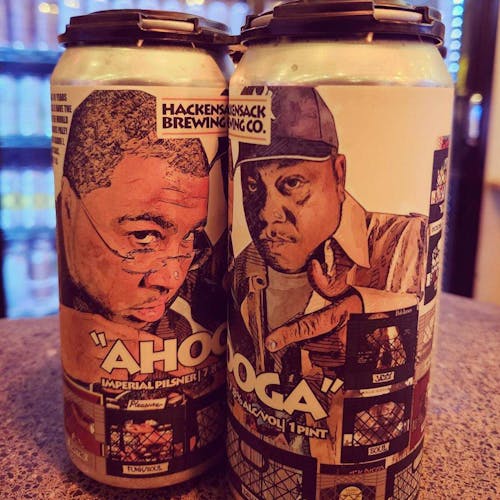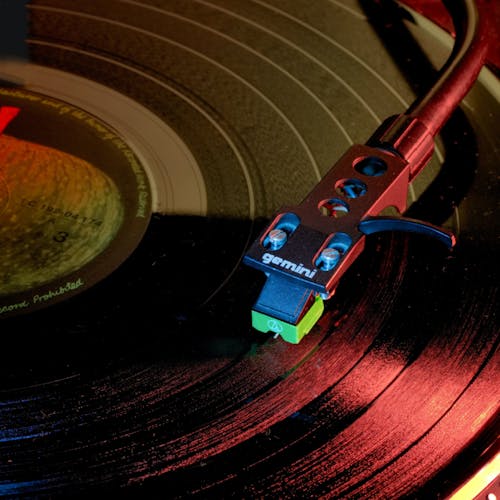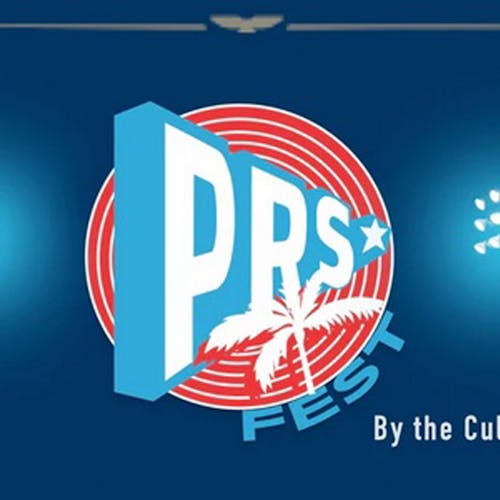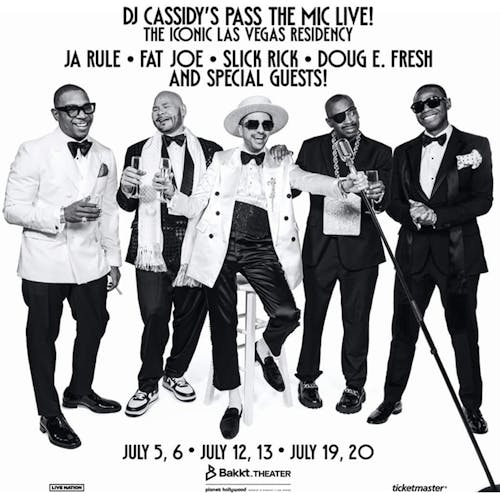
How Big Daddy Kane’s “Raw” Changed Hip-Hop Forever
How Big Daddy Kane’s “Raw” Changed Hip-Hop Forever
By Alec Banks
Published Wed, May 6, 2020 at 7:21 PM EDT
When Big Daddy Kane released “Just Rhymin’ With Biz” in 1987, the song was well received throughout the Tri-State area on radio stations like WBLS and KISS FM.
As it turned out, Kane’s aggressive — yet smooth — lyrical delivery paired up effortlessly with Biz Markie’s more humorous, self-deprecating style of Hip-Hop. The only problem: Promoters, as well as the general public, assumed it was Biz’s record because his name was in the title, he had the first verse, and Kane didn’t come on until the 1:45 mark. As a result, Kane found himself well known on the streets but a complete stranger to the dead presidents he needed to survive.
“I’m flat broke at home at the time,” Kane recalls. “I’m walking 15 blocks to the store — stealing Mrs. Paul’s Fish Sticks and stuff like that. It was wrong, but I had no money.”
Kane pleaded with the Juice Crew’s manager, Tyrone “Fly Ty” Williams, to let him put out a record without any features. Williams was against it at the time because “Just Rhymin’ With Biz” still had life on the radio. After months of pestering him, Williams agreed to let Kane record a follow-up.
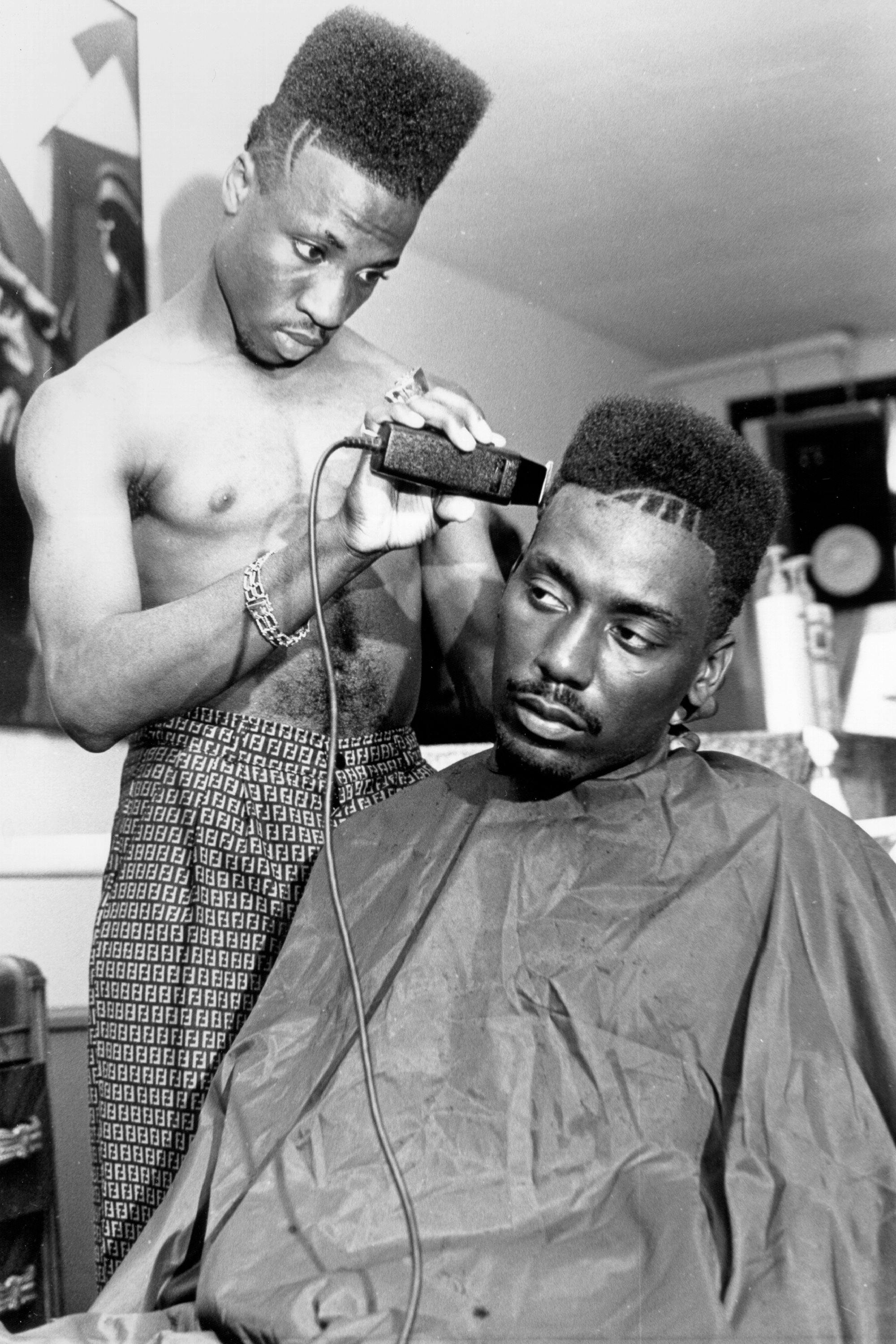
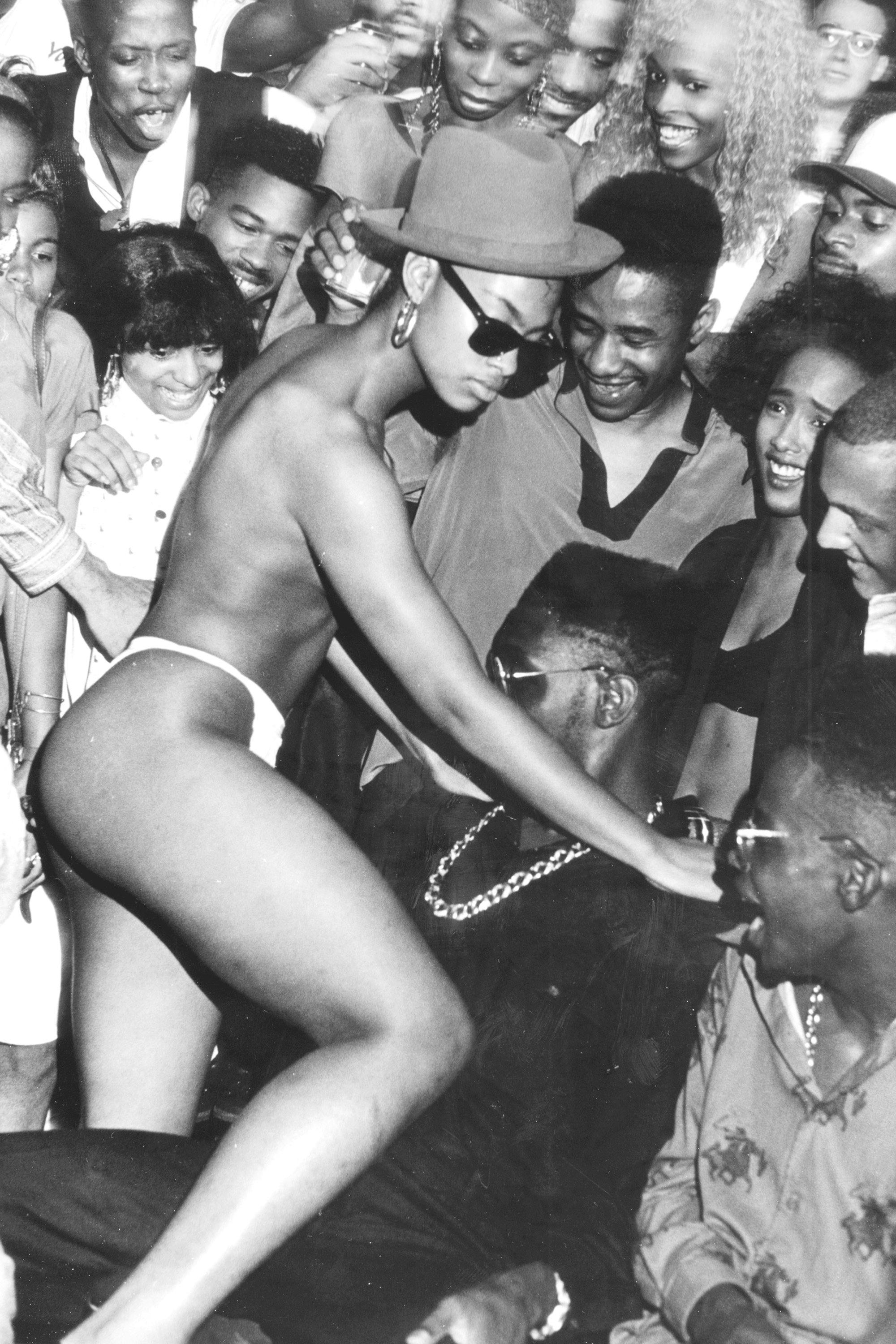
Photos by David Corio/Michael Ochs Archives/Getty Images
Brimming with enthusiasm, Kane got a beat from Marley Marl and began writing what would be the seedlings of his breakout song, “Raw,” which revolutionized the genre with its inventive, fast-paced production that fit perfectly with Kane’s pent-up aggression. But there were creative differences before he and Marley could actually get in the studio.
One evening, Kane was at his girlfriend’s house. He put on the soundtrack for Black Caesar, a blaxploitation film from 1973 that was set in the underbelly of Harlem. It was a film firmly ingrained in Kane’s memory. He had seen it with his godbrother, Gino, when Albee Square Mall was still a movie theater called RKO Albee. “That was one of my favorite movies as a kid,” Kane says. “When I heard those high-pitch horns, I was like, “Ooh, I got to tell Marley Marl to put this on the beat.”
The song that sparked Kane’s imagination was the James Brown-produced “Mama Feelgood” by Lyn Collins. For most of the song there is a signature James Brown groove, until the melody is jolted by horn stabs at the 1:30 mark. For some, it might have been a distraction from an otherwise funky composition, but for Kane, it was a siren’s call. He knew he was onto something.
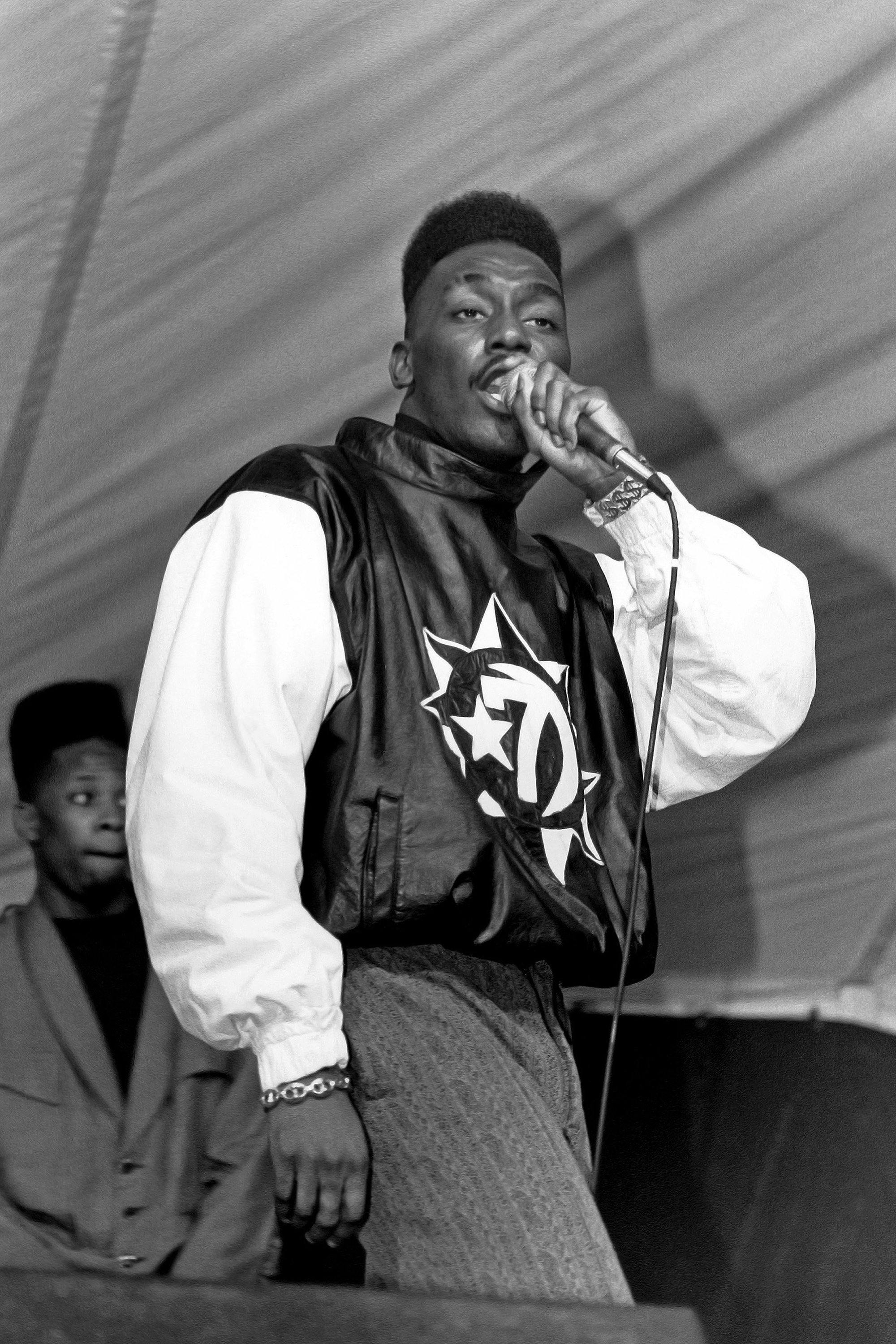
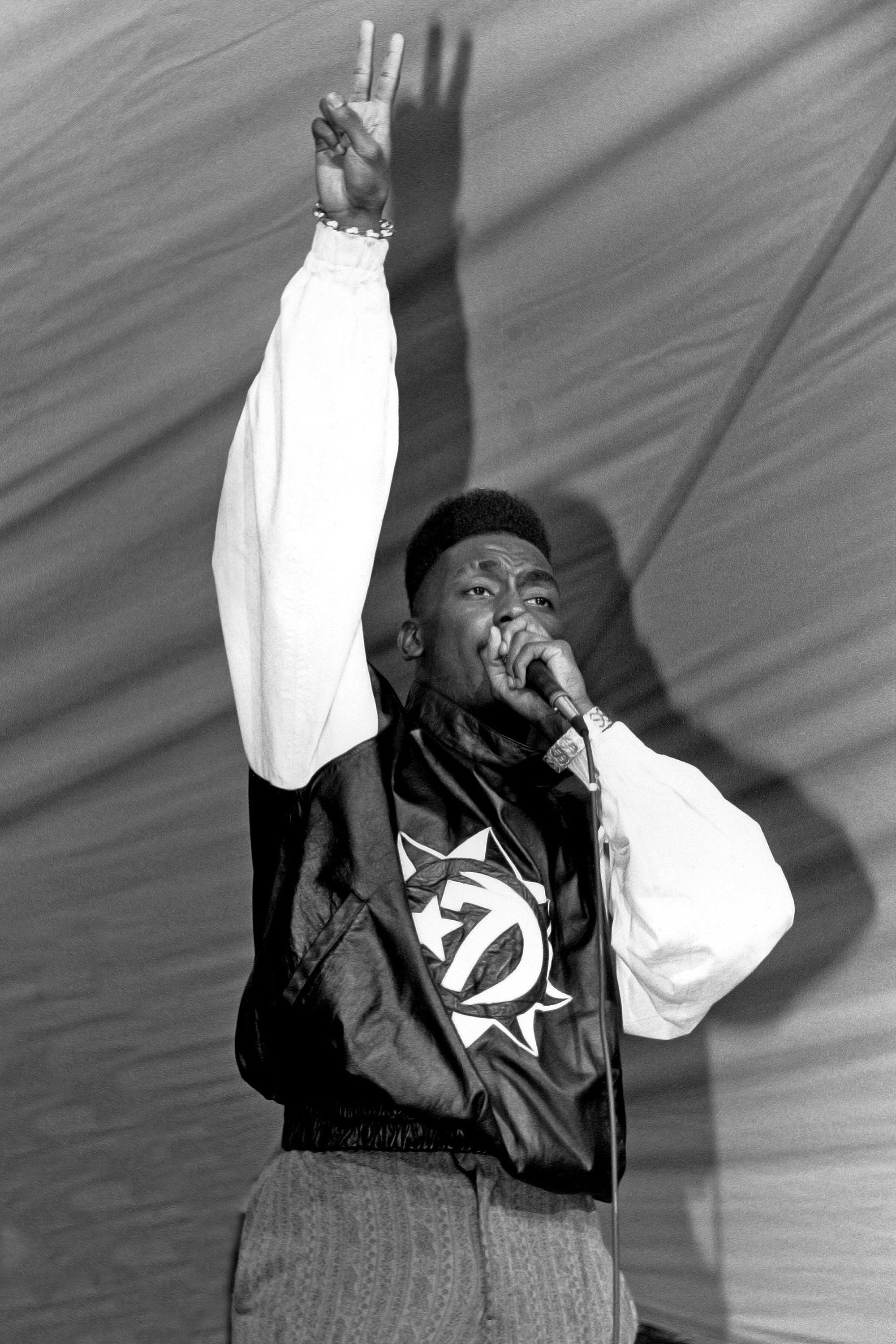
Photos By Raymond Boyd/Getty Images
“It just sounds like a car chase from an old ’70s movie,” Kane says.
The next day, he headed to Downstairs Records in Manhattan, which he knew was fertile ground for finding other samples. As fate would have it, they had just gotten in a shipment of James Brown imports. He grabbed a stack — along with “Hot Pants” by Bobby Byrd — and headed to Marley’s studio to convince him to abandon the original beat and produce “Raw” as he sonically envisioned it.
Marley Marl’s studio was inside his apartment in Astoria, Queens. He had recently relocated from his Queensbridge studio, where he had famously poked his head out of the window and encouraged a young Roxanne Shante to record “Roxanne’s Revenge.”
Everything in the studio occurred in one room. To the left was a tape machine pressed up against a wall, and to the right was Marley’s production equipment.
“The apartment was pretty small, but he had a nice studio setup,” recalls Mister Cee, who would provide the cuts on “Raw.”
The veteran producer wasn’t immediately struck by Kane’s records. At the time, only a handful of MCs, like Kane, Biz Markie, LL COOL J, and Masta Ace, were actually digging for samples and handing them off to producers. Marley Marl felt the sound quality of the records was too similar to Public Enemy’s music. Mister Cee agreed with the comparison but felt they should continue building out the song as Kane saw it. He knew that Kane and Chuck D had different styles and vocal qualities.
“Up until that point, Hip-Hop records were made a little bit slower,” Mister Cee says. “So between ‘Raw’ and the Public Enemy records, it just changed everything just as far as how records were being made at that time.”
After some coaxing on Kane’s part, Marley agreed to produce the record by building upon the samples that he found. By the time Kane got back from a nearby pizza shop, the beat was already looped. Once again, it wasn’t quite how Kane had imagined it. Marley had only looped the first bar, and Kane envisioned a six-bar loop punctuated by an off-beat snare.
“He’s like, ‘I already raised the tape,’” Kane remembers. “I’m like, ‘Listen, we need this part.’ He had to reassemble it again to get that part and record over what he had already done with the tape.”
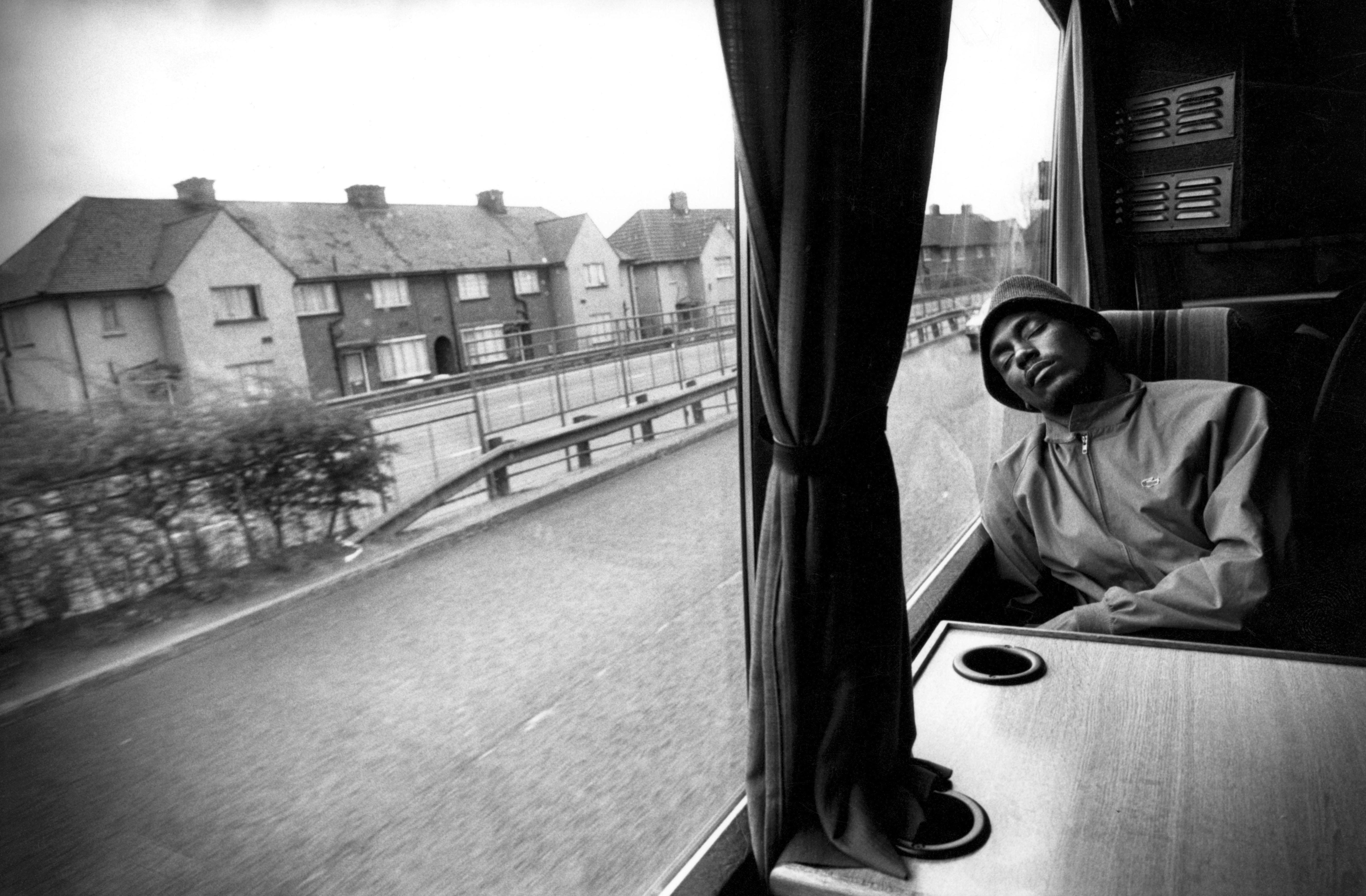
Photo by: PYMCA/Universal Images Group via Getty Images
When the beat was finally to Kane’s liking, it was his turn to hit the booth. At the time, they weren’t using studio-quality microphones like a Neumann or AKG, instead opting for a short stage mic. The rhyme was brimming with the frustrations — and literal hunger pains — he felt in the aftermath of “Just Rhymin’ With Biz.”
“I’ve got a song out and nobody knows really who the fuck I am, and I’m not making any money,” he says. “There was a lot of hunger in ‘Raw’ because of that reason right there.”
With the rhyme assembled, it was Mister Cee’s turn to contribute to the record. James Brown’s “Hit me” refrain would figure prominently in the mix. While he was doing the scratches, the record needle jumped. As Cee describes it, “It went like hit, hit, hit, hit, hit, bong, hit me, hit me, hit me.”
It was technically a botched take, but Cee managed to salvage it and keep it on beat. As is often the case with creative endeavors, everyone in the room found the mistake to be something better than what they intended to do.
“Boy, I caught it right back on beat,” Mister Cee says.
“That’s just how things got done when we were recording in Marley’s small apartment studio. If it was a mistake but it still sounded dope, we kept it.”
The combination of a fast-paced beat, obscure samples, cuts, and a “noisy” style of production all contributed to a song that not only set Kane on an upward trajectory but defined many records that came out afterwards. Today, Kane considers “Raw” to be one of the top three songs in his career — beneath only “Set It Off” and “Mr. Pitiful.”
For Mister Cee, it also remains a hallmark moment in Hip-Hop history: “I can’t really think of anybody else that experimented with that type of sound that we brought to the table.”
* BANNER PHOTO: Big Daddy Kane / Photo by Michael Ochs Archives/Getty Images
